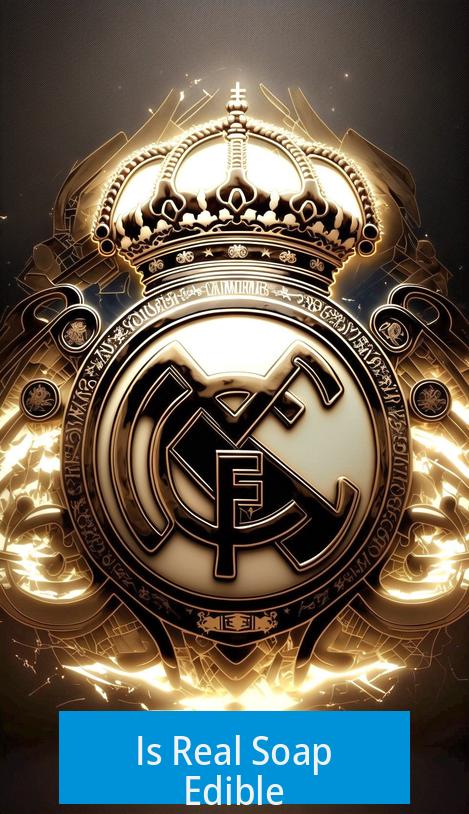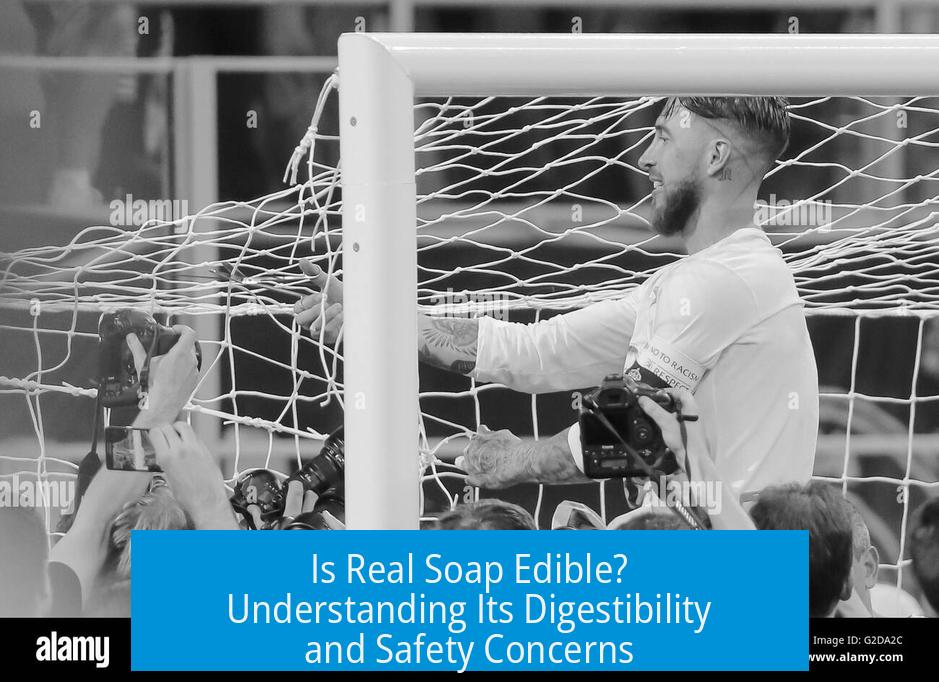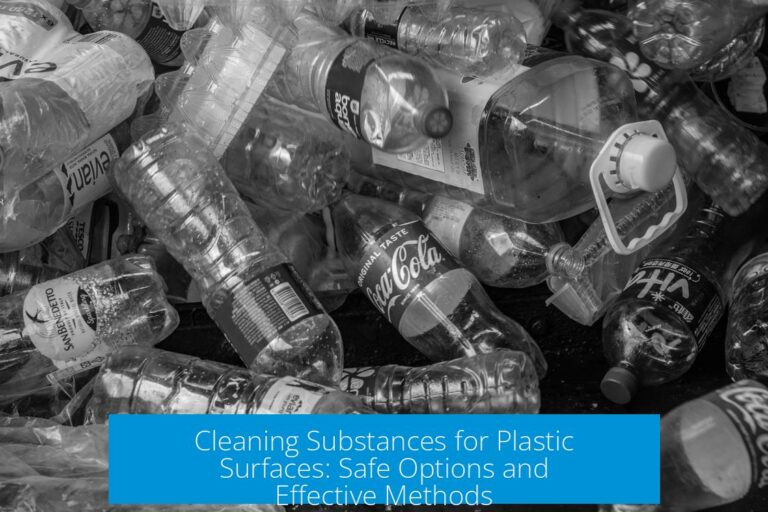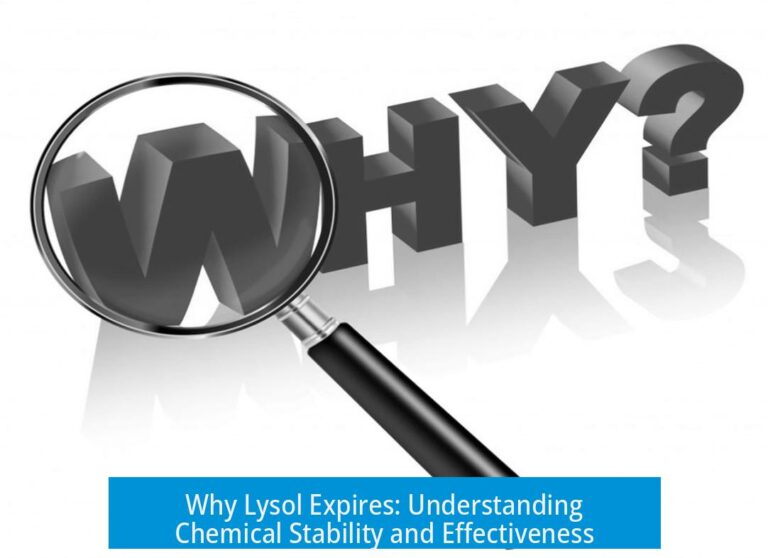Is Real Soap Edible?

Real soap is technically edible but not intended for consumption, and ingesting it can cause mild to moderate discomfort rather than serious harm. Genuine soap, made from natural fats and alkali, consists mainly of sodium or potassium salts of fatty acids. These compounds are chemically related to fats and can be digested by the body, but soap also has properties that might irritate the stomach lining.
Chemical Composition and Digestibility
Soap results from a process called saponification, where natural fats undergo base-catalyzed hydrolysis to produce glycerol and fatty acid salts. These salts resemble fats chemically and are digestible. The small intestine breaks down fats enzymatically, and soap’s fatty acid salts follow a similar path. That said, soap lacks residual alkali hydroxide, so pure soap itself is not caustic when ingested in small amounts.
Potential Effects After Ingestion
Despite being digestible, soaps act as surfactants. This property can disrupt the mucous lining of the stomach, potentially causing irritation or discomfort. Large quantities might impair the mucous barrier and lead to stomach upset. Additionally, the weakly basic nature of soap salts may neutralize stomach acid to some extent, potentially causing digestive disturbances like diarrhea.
Safety Concerns
- Small amounts usually cause no serious harm.
- Overconsumption risks include electrolyte imbalances such as hypernatremia or hyperkalemia due to sodium or potassium content.
- Fragrances, colorants, and additives in commercial soaps are not tested for safety when ingested and may be harmful.
In the natural product community, some tooth soaps made from lye and oils with mouth-safe essential oils exist, but commercial soaps typically contain non-edible chemicals beyond soap itself. This makes accidental ingestion undesirable.
Summary of Key Points
- Real soap is chemically edible but not meant to be eaten.
- It is digestible as a fatty acid salt but can irritate the stomach.
- Small amounts rarely cause serious harm, but large quantities may disrupt electrolyte balance.
- Commercial soaps contain additives that are unsafe to ingest.
- Ingesting soap is not beneficial and could lead to stomach upset or diarrhea.
Is it safe to eat real soap?
Real soap is not highly poisonous. Small amounts usually cause minor stomach upset but no severe damage. Large quantities might cause discomfort or digestive issues.
Can the body digest soap?
Soap is made from fats and natural ingredients. The digestive system can break it down like other fats, making it technically edible.
Why might soap upset the stomach?
Soap acts like a surfactant, possibly breaking down stomach mucus. This may irritate the lining and cause discomfort, especially if eaten in large amounts.
Are commercial soaps safe to eat?
Many commercial soaps contain fragrances and dyes not tested for consumption. These additives can be harmful if swallowed.
Can swallowing soap have health risks beyond upset stomach?
Eating a lot of soap may disrupt electrolyte balance because soaps contain sodium or potassium salts. This can lead to conditions like hypernatremia or hyperkalemia.





Leave a Comment